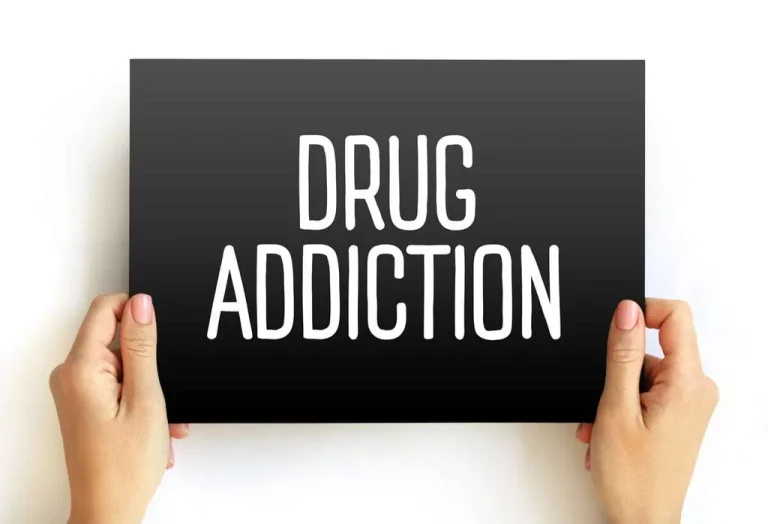Understanding why alcohol causes bad breath allows us to take preventive steps and minimize its effects. By adhering to the tips mentioned earlier in this article, you can not only avoid the embarrassing situations caused by alcohol breath but also promote better oral health overall. In the long run, the best strategy against alcohol breath is responsible and moderate consumption, paired with robust oral hygiene practices. When you exhale, alcohol that’s still unprocessed in your bloodstream can escape from your lungs into your breath, causing a distinctive smell. Moreover, the diuretic effects of alcohol can cause dehydration, leading to dry mouth, which can make the smell of wine more potent. If you have diabetes and smell acetone on your breath, make sure to follow your doctor’s treatment plan.

Signs and symptoms
- Females digest alcohol slower than males, so they tend to have a higher BAC, in comparison.
- After months or years of being an alcoholic you will be caught and the gossamer fibres of bullshit you have hung around yourself will fall to pieces.
- When you exhale, alcohol that’s still unprocessed in your bloodstream can escape from your lungs into your breath, causing a distinctive smell.
- In some cases, these chemicals can cause a fruity or acetone smell.
Alcohol can reduce saliva production, leading to dry mouth, which can cause foul breath due to bacteria growth. Those hormones can get out of whack with diabetes and that could cause higher blood sugar levels that can result in a sweet taste in the mouth. If the breath of a person with diabetes smells of acetone, this suggests that there are high levels of ketones in their blood. If you have diabetes and have glucose testing supplies on hand, check your blood sugar. A significantly elevated blood sugar level can be a red flag for DKA. Because ketoacidosis can be life-threatening, take its symptoms seriously and talk with your doctor about what you’re experiencing.

Preventing Alcohol Breath
This is because excess alcohol in the body can change the way your sweat smells, contributing to what is known as Alcoholic ketoacidosis (AKA) smell [3]. Lactic acidosis is cause when the level of lactic acid in the blood stream increases faster than it can be removed 1. Symptoms include nausea and weakness and a sweet, fruity smell on the breath or skin. Treatment is focused on amending the underlying causes of the disorder.
Acid reflux
Acid then builds up in the blood and can ultimately poison the body—a process known as ketoacidosis. Dry mouth (also called xerostomia) can be caused by dehydration, says Hoss, which reduces saliva production. Drinking enough water is a key part of maintaining oral health and preventing bad breath.
Ketosis From Your Diet

As we discussed earlier, when you drink faster than your liver can handle, the alcohol accumulates in the blood and travels to various parts of the body. When the blood reaches the lungs and carries out the exchange of gases, alcohol is also passed over. Hence that “alcohol breath” is coming from your lungs, not the mouth. If you begin vomiting or have other symptoms, seek emergency medical attention. If you visit a doctor about fruity breath, you won’t get medical advice, diagnosis or treatment based solely on your breath.
Gargle with an alcohol-containing mouthwash
This condition is a rare inflammatory disorder that causes problems with your blood vessels, kidneys, and nose. It’s treatable if detected early, but the condition can become more dangerous if it progresses alcohol ketosis dangerous without treatment. Low carb diets and fasting can sometimes also cause your breath to smell or taste different. Let’s take a closer look at some of the most common bad breath smells and the possible causes.
Some might try to mask it with strong-smelling foods, mouthwash, gum, or mints. Others might drink plenty of water, engage in physical activity, or even attempt to mask the smell with other odors like tobacco smoke or coffee. But these methods only conceal the smell and do not decrease blood alcohol levels. After a fun night of drinking, dealing with unpleasant alcohol breath can be an annoying and embarrassing hassle.
- When it is healthy, the bacteria living in the mouth are not dangerous to oral health and may have provided health benefits.
- For instance, a BAC value of 0.1 means that there is one part of alcohol in every 1000 parts of blood.
- This can cause the breath to have a sour, pungent odor and smell like the undigested food in your stomach.
- If you experience these symptoms, it’s important to get medical attention right away, because a bowel obstruction can be life threatening.
If you can’t eat for a day or more, your liver will use up its stored-up glucose, which is a type of sugar. When your liver uses up its stored glucose and you aren’t eating anything to provide more, your blood sugar levels will drop. Interestingly enough, the big picture of alcohol consumption and bad breath has quite a bit to do with the very little picture—the oral microbiome.
Alcohol-induced bad breath is worsened by the same natural process that leads to morning breath. As we sleep, salivary production drops to a minimum, allowing for increased growth of bacteria that leaves behind the cringe-worthy oral odor come dawn. While the above methods help in controlling your BAC levels, certain items can help in masking the smell of alcohol. Raw garlic cloves, mint, chewing gum, etc. can help in masking the smell, as they themselves have a strong smell. Alcohol gives a characteristic smell to the breath due to alcohol accumulation in the bloodstream.

Please check with the appropriate physician regarding health questions and concerns. Although we strive to deliver accurate and up-to-date information, no guarantee to that effect is made. BAC is the measure of a person’s blood alcohol content, i.e., the amount of unmetabolized alcohol in the bloodstream. The measurement is in the form of a ratio between the alcohol content and the amount of blood. For instance, a BAC value of 0.1 means that there is one part of alcohol in every 1000 parts of blood.
